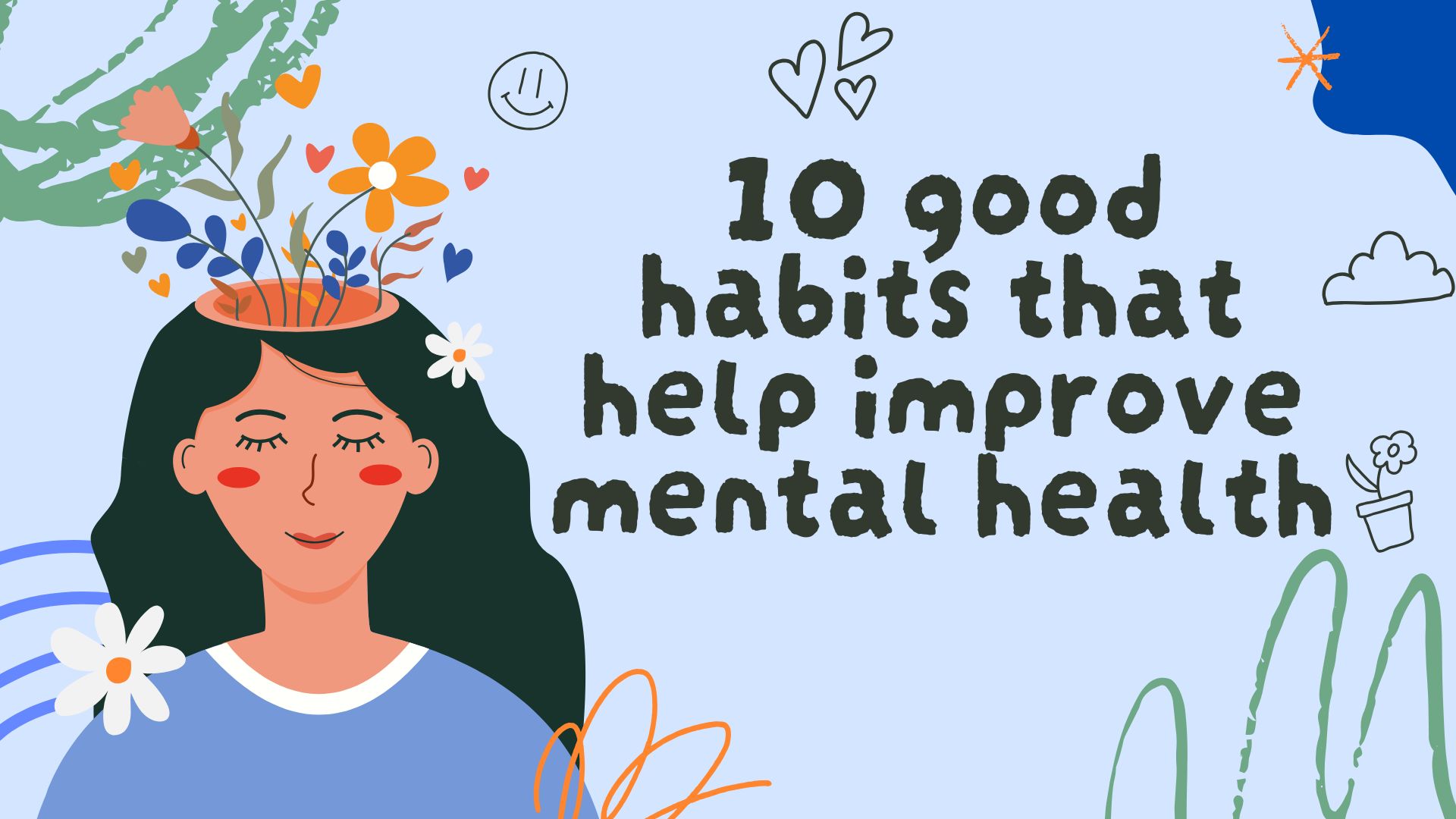Maintaining mental health is a daily task that doesn’t have to be complicated. By incorporating simple habits into your routine, you can reduce stress, improve mood, and boost overall well-being. Here are 10 effective habits recommended by experts to strengthen your mental health.
1. Stay physically active
Exercise is one of the most effective ways to reduce anxiety and depression. Activities like running, cycling, yoga, or even gardening can help relax your mind. If you don’t have time for the gym, try online workout videos or home exercises to stay active.
2. Hạn chế caffeine và rượu
Excess caffeine can disrupt sleep and increase anxiety, while excessive alcohol consumption is linked to depression. Moderation is key. Focus on a balanced diet with fresh produce and healthy oils to support both body and mind.
3. Reduce work stress
Work-related stress can quickly accumulate. Find ways to balance office responsibilities, confide in trusted colleagues, practice hobbies, or discuss adjustments with your manager to reduce pressure.
4. Engage in meaningful activities
Volunteering and helping others promote mental well-being. Studies show altruistic actions improve life satisfaction and reduce depressive symptoms.
5. Nurture relationships
Strong social connections improve mental health and longevity. Regularly spend time with friends and family, share concerns, and communicate openly. Be mindful of social media, which can sometimes increase loneliness.
6. Slow down and practice mindfulness
Living at a slower pace helps reduce stress and anxiety. Practice meditation, focus on the present moment, and limit distractions such as phones or multitasking.
7. Make time for fun
Laughter and enjoyable activities are essential for mental well-being. Schedule time for hobbies, social events, or creative projects to boost mood and support immune function
8. Prioritize sleep
Good sleep enhances focus, productivity, and mood. Maintain a consistent schedule, reduce screen time before bed, and consider cognitive behavioral therapy if sleep issues persist.
9. Practice self-compassion
Treat yourself with the same kindness you would offer a friend. Avoid negative self-talk, forgive mistakes, and journal your thoughts to manage stress and maintain positive thinking.
10. Seek professional help when needed
If you notice persistent changes in mood, behavior, or productivity, consider consulting a mental health professional. Psychologists, psychiatrists, and social workers can provide support and guidance for managing stress, anxiety, or depression.
Improving mental health is a continuous process. By adopting these habits daily, you can enhance emotional resilience, reduce stress, and foster overall well-being. Remember, small, consistent changes lead to long-term benefits.



